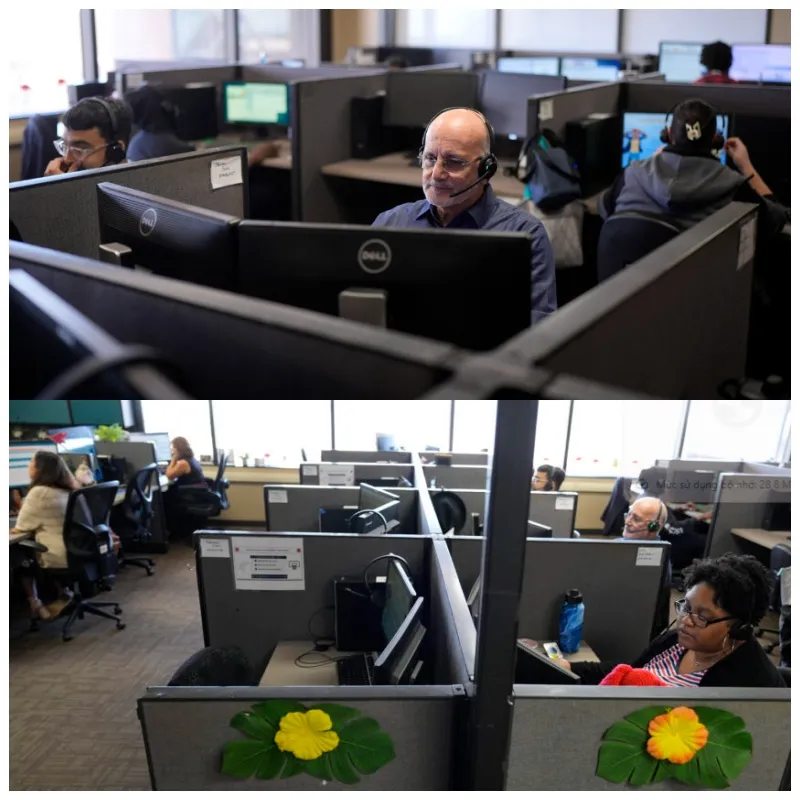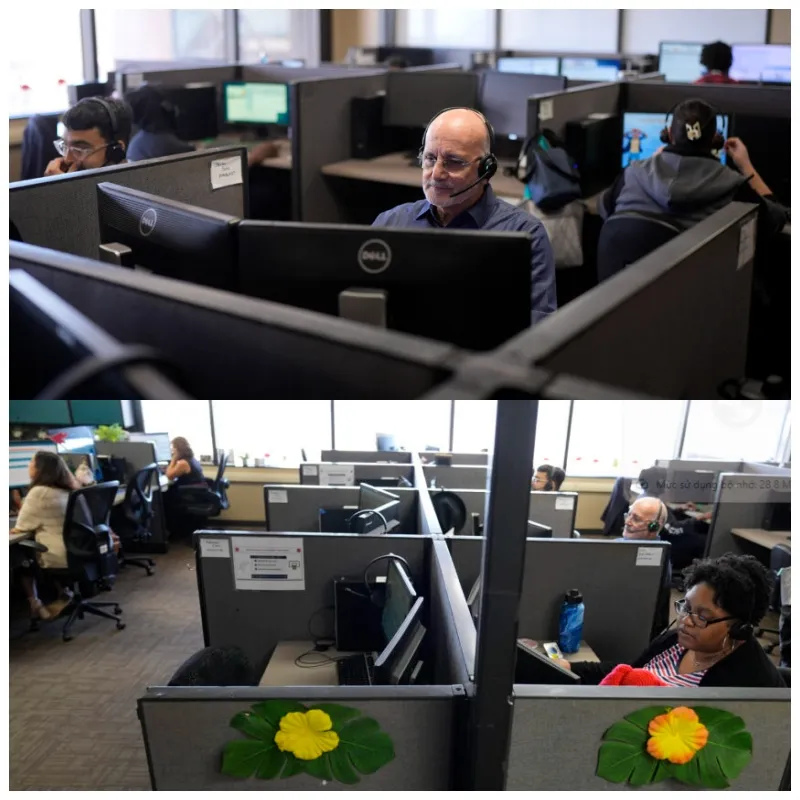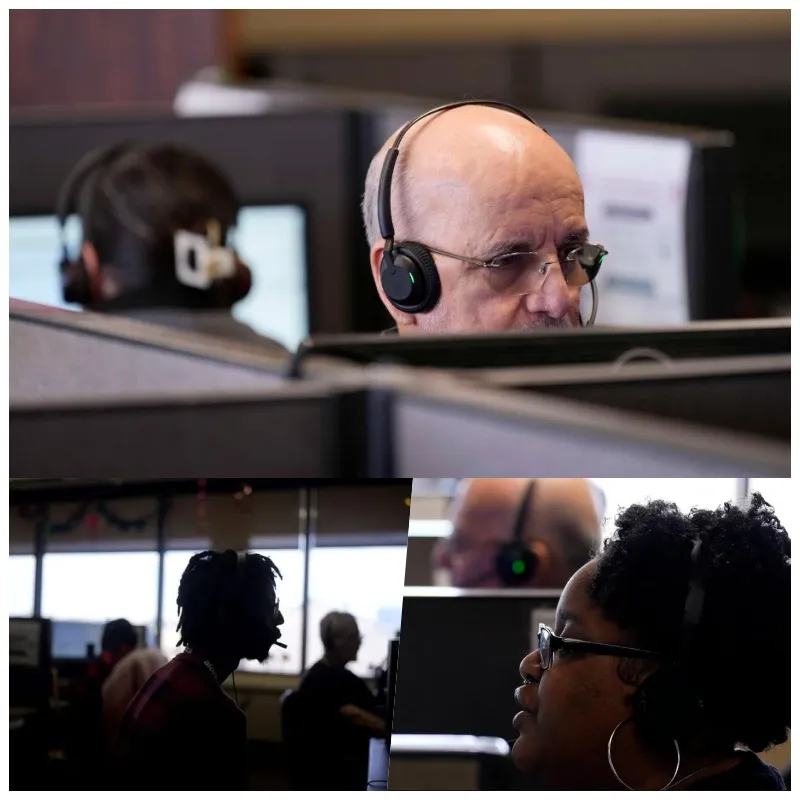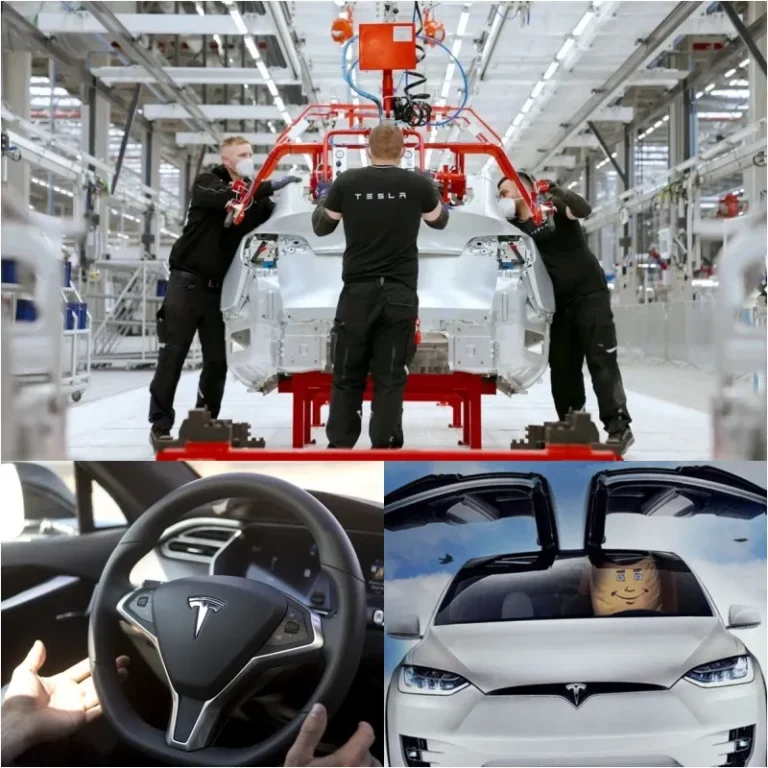
AI May Not Steal Many Jobs After All—It May Just Make Workers More Efficient
Imagine a customer service center that communicates fluently in 200 languages. That’s what Alorica, a customer service company based in Irvine, California, has achieved using artificial intelligence (AI). With an AI translation tool, Alorica allows its agents to help customers in multiple languages, including dialects, regardless of the agents’ language skills. For example, a Spanish-speaking representative can assist a Cantonese speaker, all thanks to AI. While this level of innovation might seem like a job killer, Alorica is not cutting jobs—in fact, it’s hiring more.
This experience is not unique to Alorica. Companies like IKEA are also using AI to enhance efficiency without reducing staff, suggesting that AI might not lead to mass unemployment as many fear. Instead, AI could be similar to technological revolutions of the past—like the steam engine, electricity, and the internet—which eliminated some jobs but created new opportunities and made workers more productive.
Nick Bunker, an economist at Indeed Hiring Lab, shares a similar view. He believes AI will influence many jobs but won’t necessarily cause widespread unemployment. “Technology destroys but also creates,” he noted, adding that AI will likely bring about new roles and opportunities.

At its core, AI allows machines to perform tasks traditionally requiring human intelligence. Though the technology has existed for decades, its most significant impact came recently with tools like OpenAI’s ChatGPT, which can conduct conversations, write code, and more. Generative AI’s rise has sparked concerns that it will replace jobs in various industries, from freelance writing to customer service. Even Sam Altman, CEO of OpenAI, acknowledged that AI would change job functions and eliminate some positions.
Despite these concerns, evidence of AI causing mass layoffs remains limited. The White House Council of Economic Advisers recently found little proof that AI is negatively affecting overall employment. They compared AI’s potential impact to previous technological advances, which made companies more productive, spurred economic growth, and created new jobs in unexpected ways. A 2023 study by MIT economist David Autor even found that 60% of jobs in 2018 didn’t exist in 1940, largely thanks to emerging technologies.
While there are isolated cases where AI has replaced workers—such as the Indian entrepreneur Suumit Shah, who cut 90% of his customer support staff after introducing a chatbot—the impact has not yet been widespread. Shah’s company, Dukaan, saw significant efficiency gains, with response times dropping from nearly two minutes to instant replies. However, this kind of dramatic workforce reduction remains the exception rather than the norm.

Interestingly, AI might actually make many workers more efficient, enhancing their capabilities rather than replacing them. For example, IKEA introduced a customer service chatbot in 2021, but instead of laying off employees, it retrained 8,500 workers for more specialized tasks like interior design consulting. Similarly, a study from Stanford University and MIT found that AI-assisted customer support agents were 14% more productive, with the least-experienced workers seeing the most significant improvements.
At an Alorica call center in Albuquerque, for example, agents who struggled with call handling times saw significant improvements after training to use AI tools. Over six months, a group of 850 agents reduced their average call-handling time from eight minutes to six. This increased their efficiency from handling eight calls per hour to 10, translating to 16 additional calls per day. Alorica is now using real-time voice language translation, allowing agents to speak with customers in different languages without hiring specialized staff for each language.
Despite these technological advances, Alorica continues to hire aggressively, particularly seeking workers who are comfortable with new technologies. As AI becomes more integrated into daily operations, it’s clear that, for many companies, the technology will enhance human work rather than replace it.
In short, AI is reshaping jobs, but it seems more likely to make workers more efficient than to lead to mass unemployment. Like the industrial revolutions before it, AI will eliminate some jobs while creating new ones, making workers and companies more productive in the process.






